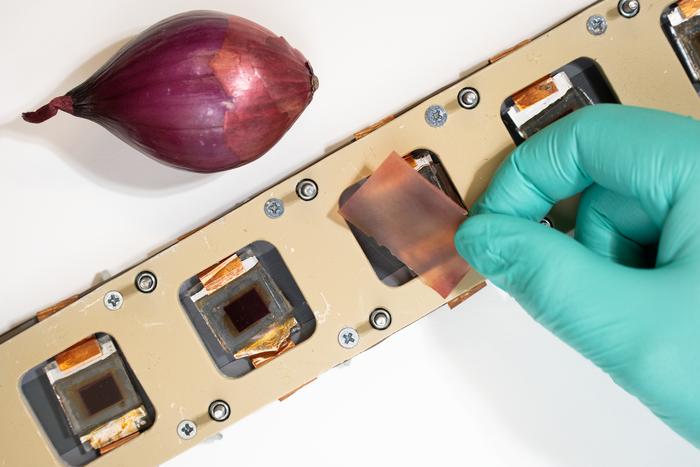Survey Finds That 30 Percent Of Americans Think Non-GMO Foods Don’t Have Genes

In the latest update on the big controversy that are GMO foods, we now know that a lot of people don’t understand what non-GMO foods really are.

Photo: Pixabay
A new Food Literacy and Engagement Poll out of Michigan State University has revealed that 30 percent of Americans believe that non-GMO foods don’t contain genes. For those of you wondering, yes, non-GMO foods still have DNA naturally inside of them, since everything that’s living contains DNA.
The largest group of people that believe that non-GMO equals DNA-free is millennials. Nearly half of the participants under 30 in this nationally representative poll felt that non-GMO translates to no genes. In contrast, about a fourth of those surveyed over 55 agreed with that statement.
With all of the misinformation and distrust resulting from fear-mongering non-GMO advocacy groups, it’s no wonder that food literacy, especially around GMOs, produces shocking results like this. While education has often been touted as the solution to this problem, a massive mistrust of experts the Michigan State poll found calls that strategy into question. Only 59 percent of respondents said they would trust academic experts on nutrition and food safety. Additionally, trust in government scientists is down to 49 percent, and industry scientists down to 33 percent.
Documentaries could be a potential solution as well. Food Evolution, a recent film featuring Neil deGrasse Tyson, is an excellent education piece on GMO foods and the controversies surrounding them. If that movie continues to spread, it could help to combat the misinformation that exists online about GMO and non-GMO foods.
Regardless, this poll reveals that the American public still receives and believes a lot of misleading and misguided information on the subject of genetically engineered and GMO foods. It also shows that it’s getting increasingly harder to find a good solution to this, since nearly half of the country won’t trust the experts in the field who dedicate their lives to understanding these concepts.






















